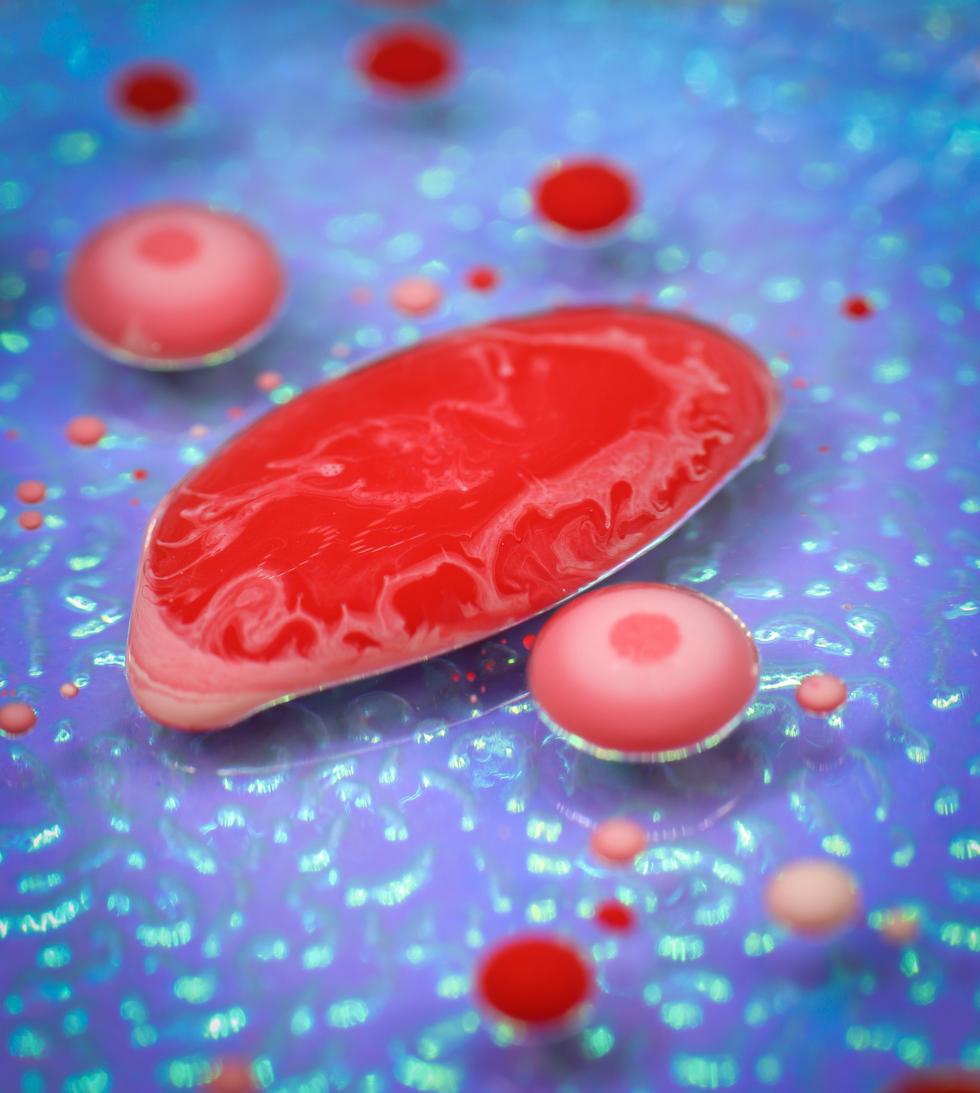What is hemolysis?
Hemolysis occurs when the red blood cells break down, resulting in their contents leaking into the blood serum or plasma. This event can have serious consequences for chemical analyzes because the blood sample can lose its original composition and properties, which means that the test result cannot be used. Many chemical analyzes are sensitive to these changes and can therefore give incorrect and highly deviant results if hemolysis has occurred.
Why does hemolysis occur and how can it be avoided?
There are several factors independently of each other that can contribute to the occurrence of hemolysis during sampling, but above all when handling blood samples. One of the most common causes is incorrect handling of the sample during collection, transport or storage, i.e. nothing that you as a patient can influence. But to give your blood samples the best possible conditions, here are some tips for you as a patient in order to avoid hemolysis:
Advice for you as a patient before a blood test
-
Be well hydrated: Drink enough water before sampling to keep your blood well hydrated. Dehydration can increase the risk of hemolysis. ATTENTION! Some analyses, however, require you to fast and then water intake is limited.
-
Avoid stress: Try to be relaxed and calm before taking the sample, a general recommendation is that you should sit still for 15 minutes before taking the sample. Stress and tension have an impact on blood circulation and can increase the risk of mechanical stress on the red blood cells.
-
Keep the skin dry: Make sure that the skin where the needle is to be inserted is dry and clean, this part is handled by the healthcare staff. However, moisture can trigger hemolysis, so avoid using lotions or creams on the armpit area.
-
Inform staff: Tell medical staff about any previous experience with hemolysis or if you have any sensitivity to sampling. There are also medicines that can cause hemolysis.
-
Be careful with movements: Try to keep your arm as still as possible during the sampling. Excessive movements can increase the risk of mechanical stress on the red blood cells.
Avoid hemolysis - Healthcare staff
In order to minimize the risk of hemolysis, several measures can be taken, the following information is aimed primarily at healthcare professionals:
-
Mechanical stress: One of the main causes of hemolysis is the mechanical stress that red blood cells are subjected to during sampling. If the needle is inserted with too much force, if the test tube is shaken violently during collection, or if the blood is pumped into the tube too quickly, the fragile blood cells can break.
-
Let the skin air dry: Before taking the sample, it is important that the skin where the needle is to be inserted is allowed to air dry properly. Moisture can trigger the disintegration of the blood cells and thus cause hemolysis.
-
Adjust cannula according to vessel size: A thin cannula should be used in vessels with large blood flow to avoid damaging the blood cells in the cannula.
-
Avoid venophlon: Sampling methods involving the use of venophlon should be avoided, as they may cause disintegration of red blood cells in the venophlon chamber.
-
Handling test tubes: If the blood fills the tube quickly and foams, the inclination of the tube can be changed to ensure that the blood jet hits the tube wall. If the filling is slow, the position of the needle can be carefully adjusted to increase the flow.
-
Cooling and storage: Samples should cool for a few minutes before being transported by pipe mail or refrigerated. Condensation formed on the inside of the tube can cause hemolysis if the samples have not cooled sufficiently.






















